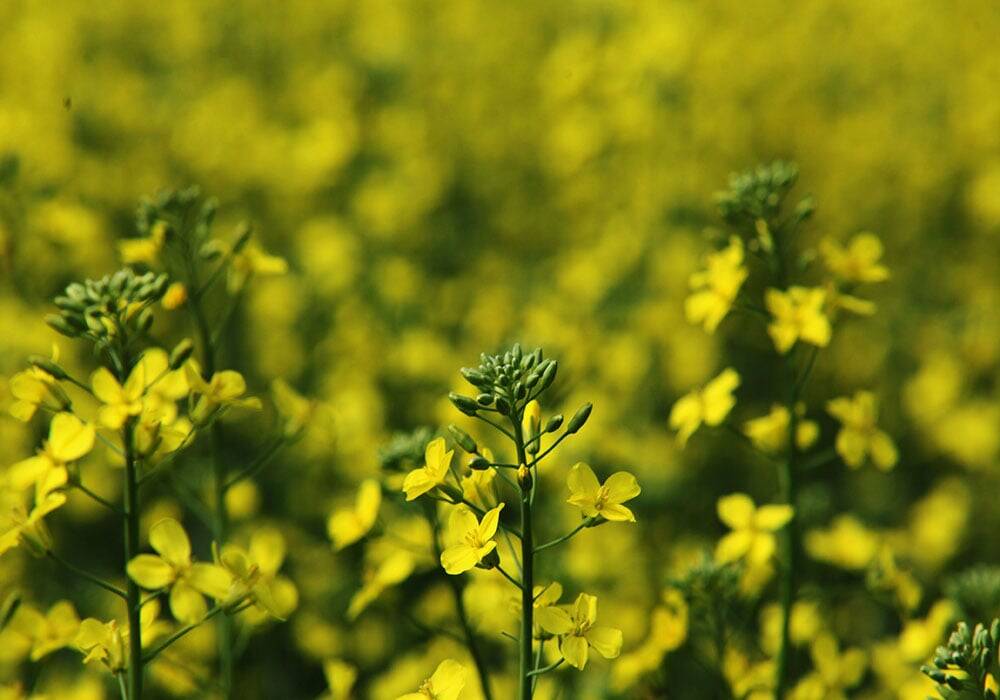A drop in mustard prices in recent weeks isn’t out of line with what other crops have seen and has “little to do” with allegations of contamination in Canadian mustard shipped to Europe, according to a Saskatchewan mustard growers’ agency.
Environmental group Greenpeace last month posted a statement on its Austrian website claiming Maille, a well-known French manufacturer of mustards, vinegars and oils owned by Unilever, had found a “genetically modified (GM) canola event” in tests on its Dijon mustard.
The group claimed the Dijon samples were found to contain GT73 and MS8xRF3, traits associated respectively with Monsanto’s Roundup Ready and Bayer’s LibertyLink lines of herbicide-tolerant crops.
Read Also

Canola industry pumped about 45Z clean fuel ruling in U.S.
Canada’s canola sector is pleased with the new 45Z guidance published by U.S. Treasury.
“Reports of GMO contamination have been misconstrued and any impact on mustard marketing and prices has been minimal,” Kevin Hursh, executive director of the Saskatchewan Mustard Development Commission, said in a release Wednesday.
“After consulting with Canadian officials, scientists and industry, the SMDC has found no rational reason for concern,” Hursh wrote.
Furthermore, he wrote, no action has been taken by regulatory authorities in Europe and there has been no instruction given on product recall. In any case, both genetic events are registered for both food and feed use in Europe.
“Isn’t surprising”
If trace amounts of canola material are found in mustard, Hursh wrote, “it’s no doubt due to mechanical mixing of the seeds” rather than any kind of genetic outcrossing under field conditions, which Canadian mustard breeders call “improbable.”
“Using top grade mustard ensures that only a tiny amount of canola could ever be present in any mustard sample,” Hursh added. “However, with the sensitivity of modern scientific testing, it isn’t surprising that minute traces of a canola trait might be detected in a mustard product.”
Some reports have indicated a large drop in mustard prices in recent weeks, attributed to a GMO issue in Europe, Hursh said.
The Saskatoon-based Western Producer farm newspaper last week quoted a Stat Publishing report that yellow mustard prices had dropped to 14.75 cents per pound for the week ending Sept. 25, compared to 35.75 cents a week earlier.
“In fact, the drop in mustard prices has not been any greater than most other commodities,” Hursh said. “The decline in values is related to supply and demand and seems to have little to do with the Greenpeace allegations.”
The commission said it “continues to monitor the situation and gratefully acknowledges the assistance of Canadian officials in helping to sort out fact from fiction.”
The Producer’s Sean Pratt last week quoted mustard exporter Kevin Dick of All Commodities Trading as saying he had asked SMDC on behalf of European customers if there could be a repeat of the CDC Triffid controversy involving mustard.
Unlike the Triffid incident — in which traces of a deregistered GM flax turned up in flax in Germany — Hursh was quoted in the same article as saying there is no known GM mustard developed, certainly not in Canada.














